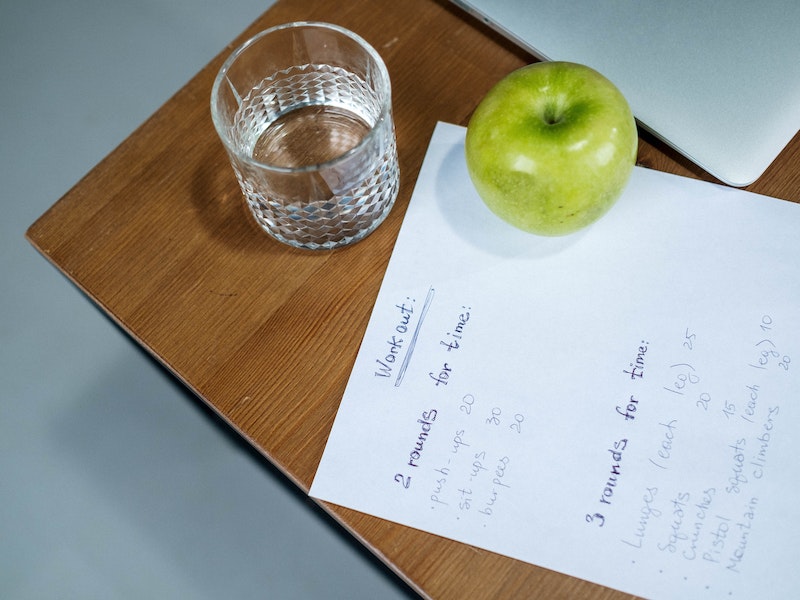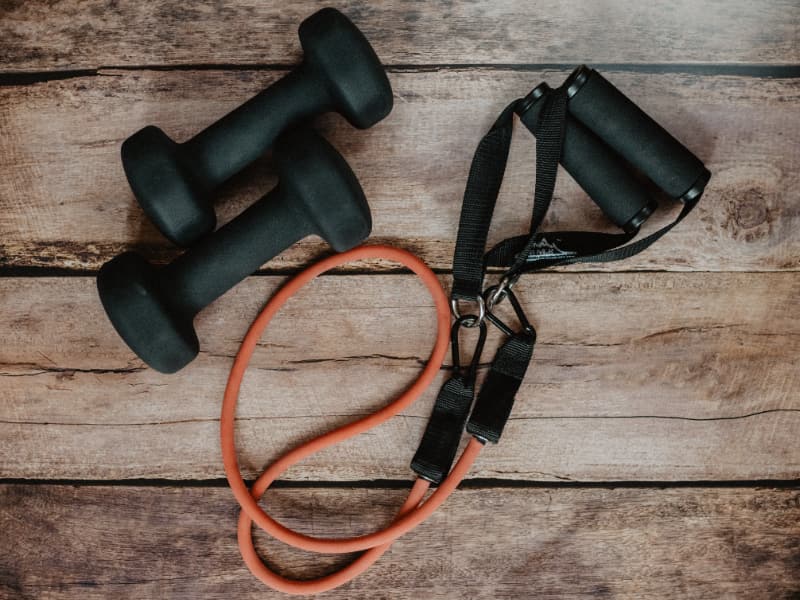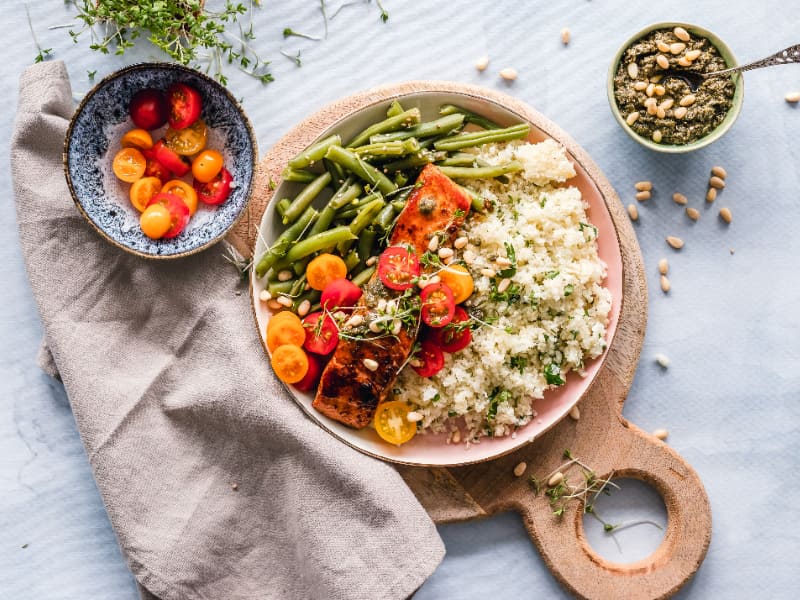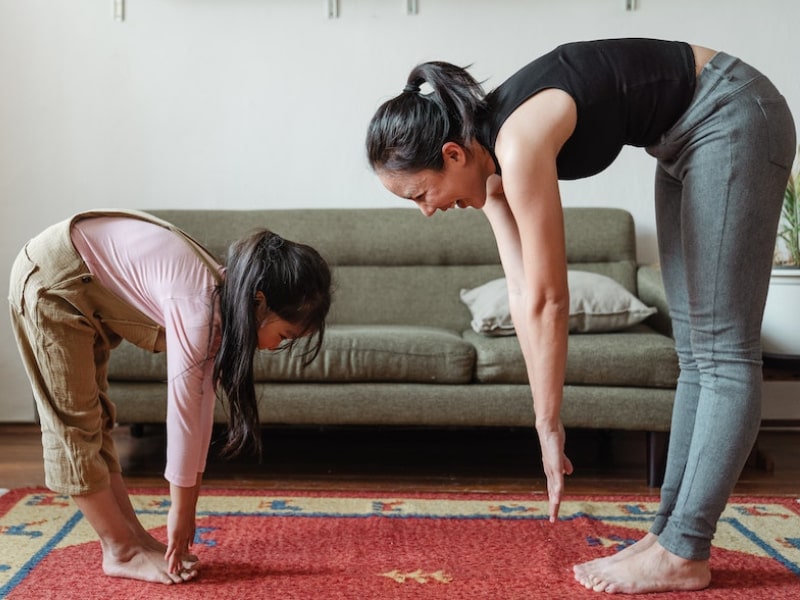For Muslims all over the world, the holy month of Ramadan is a period of spiritual devotion and reflection. Part of this devotion includes fasting from dawn to dusk, foregoing not just food but also drinks for the most part of the day. For the athletically inclined, working out during Ramadan is admittedly trickier but not impossible. In fact, most experts have said that there are ways and means for you to workout safely during the holy month. And for your benefit, we’ve gathered these tips together in the guide below, so you can keep your fitness momentum going all through Ramadan.
What Is The Best Time To Exercise During Ramadan?
Since you’ll only be having two meals a day during Ramadan, you’ll want to plan your exercises around them. This is largely so you can refuel and rehydrate sufficiently after working out. Some of the best times for working out during Ramadan include:
- Before or after iftar (breaking of the fast after sunset)
- Before sahur (pre-sunrise meal)
8 Tips To Working Out Safely During Ramadan
You’ll definitely want to keep these in mind to avoid exhaustion or overexertion.
1. Plan Your Workout

Planning your exercises carefully is one of the keys to working out safely during Ramadan. That includes knowing when to workout and what workouts you can do. Try keeping it light and easy during the day, like having a brisk walk in the park, and save higher intensity training until after you break fast.
And if you like being outdoors, be mindful of exercising in very warm weather as you might sweat excessively, and therefore dehydrate much faster. Heading out early in the morning or later in the evening when it’s cooler may help mitigate this risk.
2. Aim To Maintain
As you’re plotting out your Ramadan workout plan, remember that you’re aiming to maintain your fitness levels and stay active, not make progress. So instead of cramming your entire routine as you would on non-Ramadan days, this may be a good time to prioritise strength training over cardio. Not only is strength one of the safest forms of exercise during Ramadan, it also helps slow down muscle loss while fasting, if you’re conscious about keeping your bulk.
Of course, you’ll need to scale back on the length and intensity of your cardio exercises, but that’s not necessarily a bad thing. Take the opportunity to go easy on yourself with light walks, jogs or cardio that won’t quickly get you out of breath or exhausted.
3. Don’t Attempt A New Exercise Regimen During Ramadan

While light to moderate exercises are typically fine during Ramadan, most experts do not recommend picking up a new exercise regimen in the fasting month, as it might be too strenuous for the body.
In fact, if you’re not feeling your best, listen to your body. There’s nothing wrong with taking the intensity or frequency of your workouts down a notch, or adding a couple more rest days into your routine. If you don’t usually exercise, try to keep your movement light. Working out intensively during Ramadan when you’re not adequately hydrated and nourished can be a recipe for disaster.
4. Watch Out For Signs Of Dehydration
The simple fact is, working up a sweat in a fasted state may pose a higher risk of dehydration. So take care not to overexert yourself when you’re working out during Ramadan and watch out for the following signs:
- Feeling very thirsty and having a dry mouth
- Dizziness
- Fatigue
- Nausea
- Dark-coloured urine
- Muscle cramps, and
- Increased heart rate.
If, even after taking every precaution, you notice these symptoms, don’t hesitate to take a break and rehydrate when you can, then consider reducing your exercise intensity.
5. Eat Well To Fuel And Recover From Workouts

With only two opportunities to refuel, it’s important to choose your calories wisely! Make sure to consume nutrient-dense meals to keep you energised throughout the day and help you power through your exercise during Ramadan.
If possible, opt for fibre-rich complex carbs as they take longer to digest and gradually release energy in the body. Think brown rice, whole-wheat bread and pasta, oats, lentils, beans, and fibre-rich fruits and veggies. Don’t forget to incorporate good-quality protein into your meal, like chicken, salmon, eggs, or tofu, to maintain your muscles.
6. Rehydrate Slowly But Regularly

As tempting as it is to guzzle down water immediately after working out during Ramadan, try to drink sensibly. Follow the recommended water intake, but carry a water bottle with you everywhere so you can drink slowly throughout the night. This allows your body to properly absorb the water.
But the mighty H2O isn’t your only source of fluids! You can also consume water-rich fruits and vegetables, such as watermelon, oranges, apples, cucumber, tomatoes, and spinach, to replenish much-needed fluids in your body. Or else, shakes, smoothies, and juices can help you hit your hydration, calorie, and nutrient targets for the day.
7. Avoid Caffeine, Salty, Processed, And Fried Foods

Caffeinated beverages, salty, processed, and fried foods. What do they have in common? They are all dehydrating foods that will make the body lose water quicker. And that’s not something you want if you’re set on working out while fasting during Ramadan. As tasty and irresistible as they are, try to give these a pass—at least until the holy month ends.
8. Be Realistic & Kind To Yourself
Lastly, the most important tip for exercising during Ramadan is to keep things in perspective. After all, the Ramadan fast isn’t exactly a diet, and although keeping fit is important, this just isn’t the time to strive for personal bests and push for progress. So don’t be afraid to make adjustments to your workout routine or take a break if you’re not feeling in form.
Manage Your Expectations And Exercise Safely If You’re Working Out During Ramadan

Working out during Ramadan isn’t impossible if you do it in moderation and take the time to create a safe exercise routine for yourself. Remember, to keep it sustainable (read: doable) if you plan to make a habit of working out! And after a good exercise session, pat yourself on the back for a job well done and be sure to replenish your body with nutrient-rich food and plenty of fluids.
Planning to shop for Raya? Hop over to Salam By Shopee for the best deals and discounts. Don’t forget to check out the best home appliances that you can upgrade this year and the different types of traditional Malay clothing you can shop for. And if you’re not sure which baju raya colour theme to go with this year, read our exclusive interview with MYDIN’s Managing Director, Datuk Wira Ameer Ali Mydin, for his forecast on 2023’s trendiest hues!

